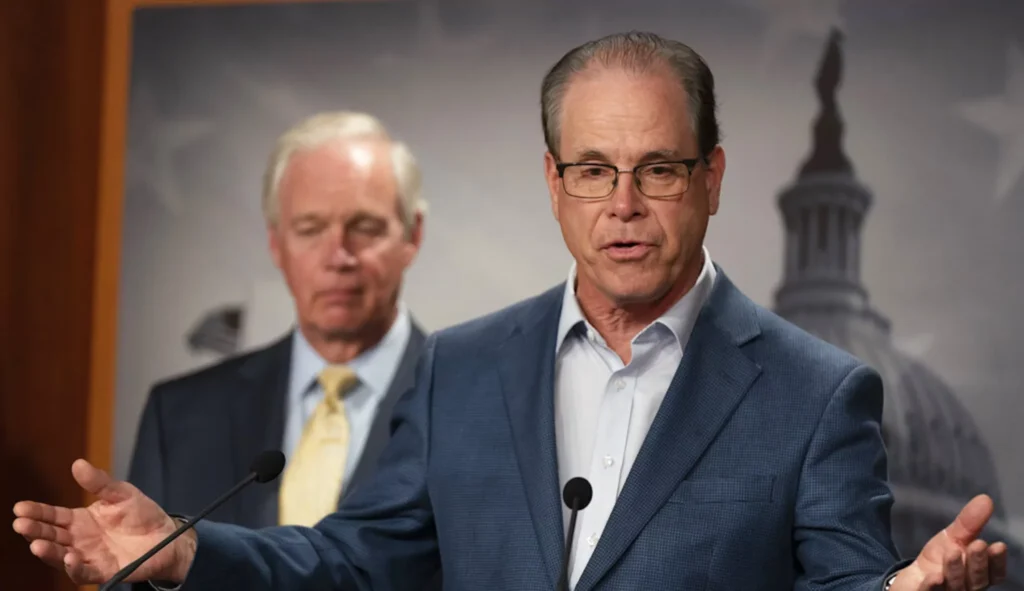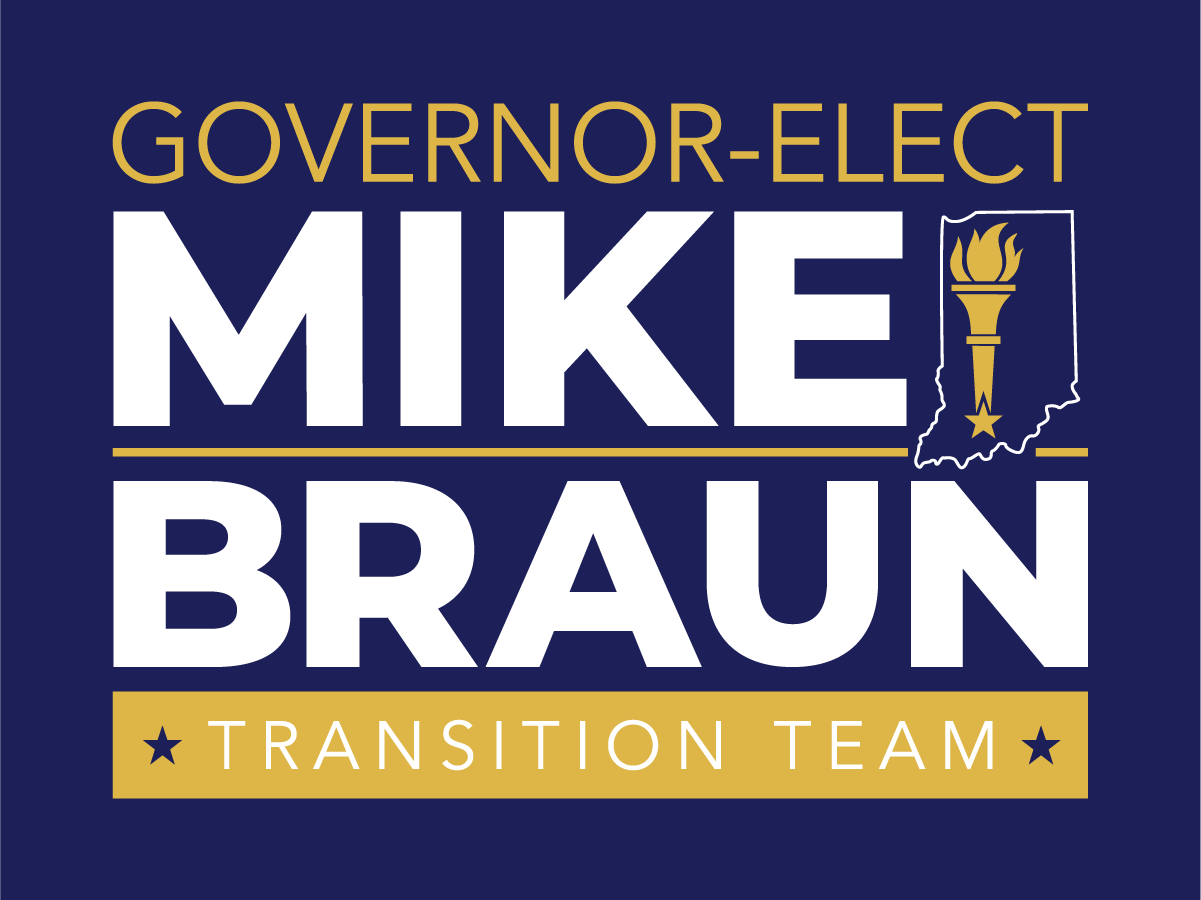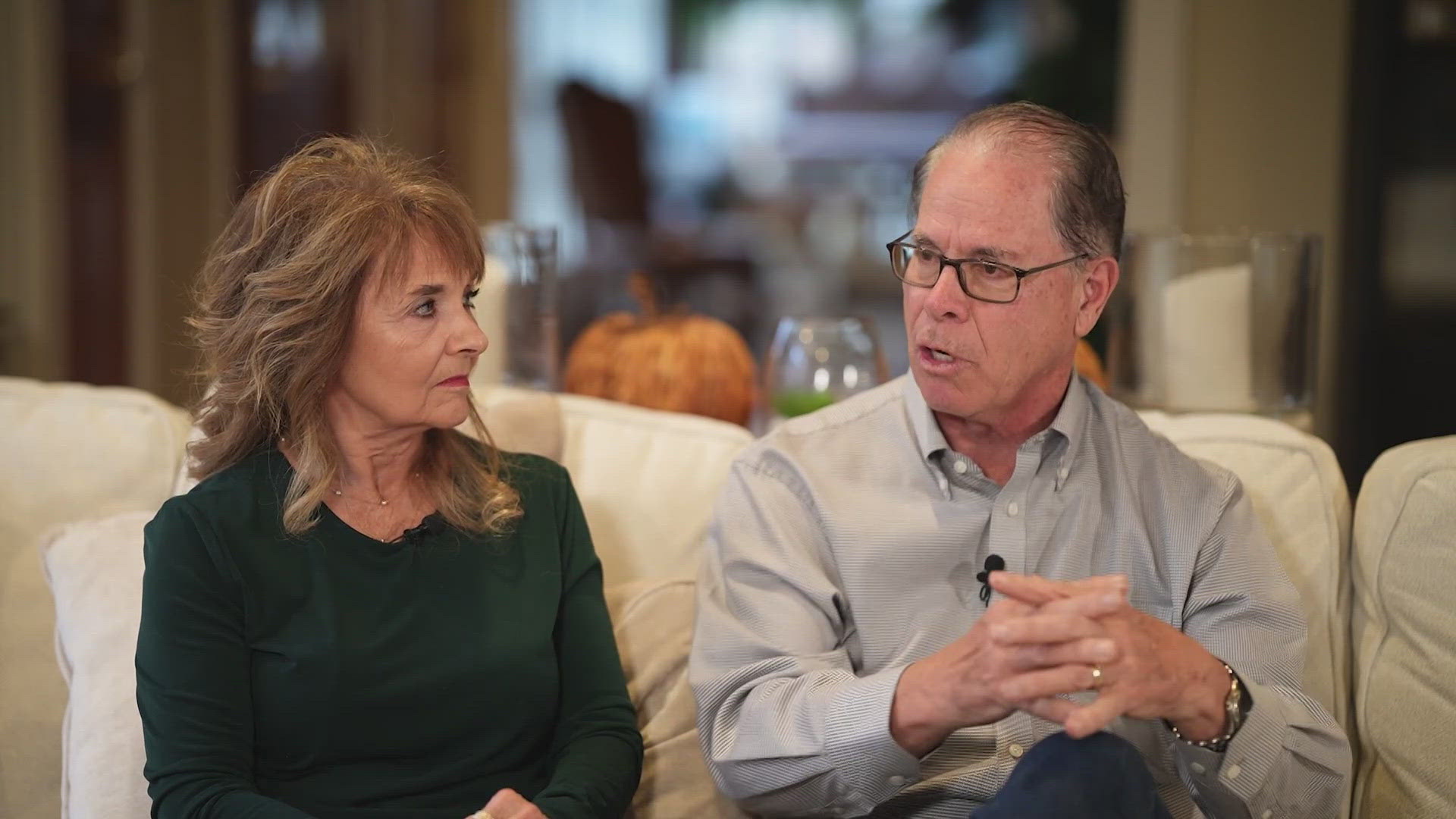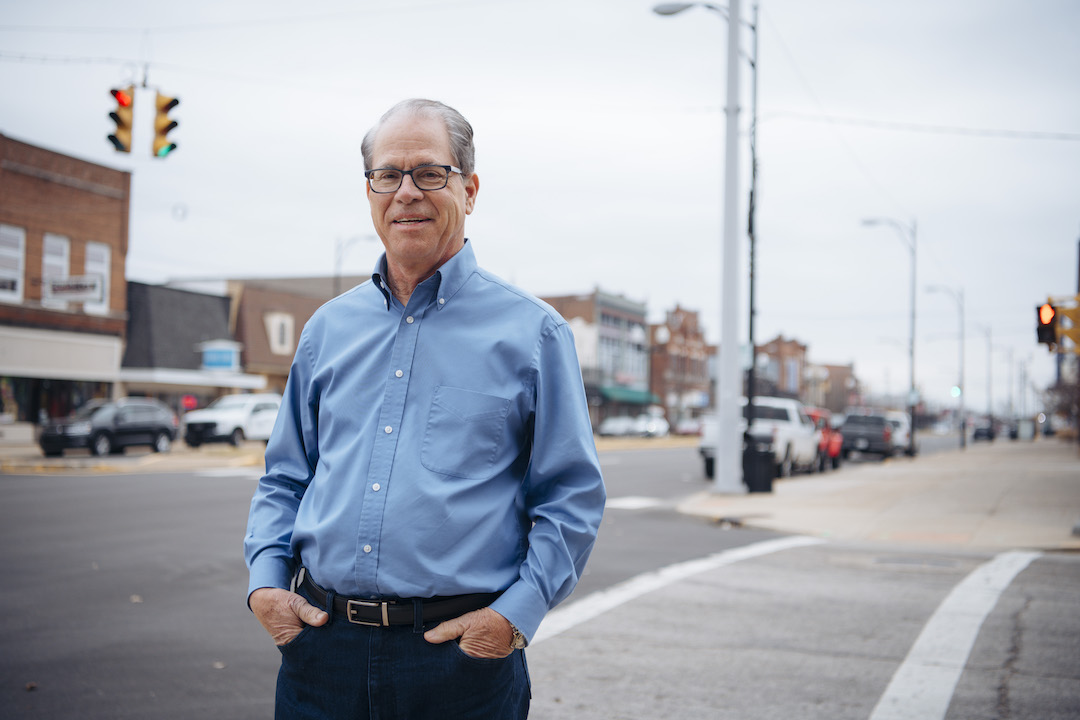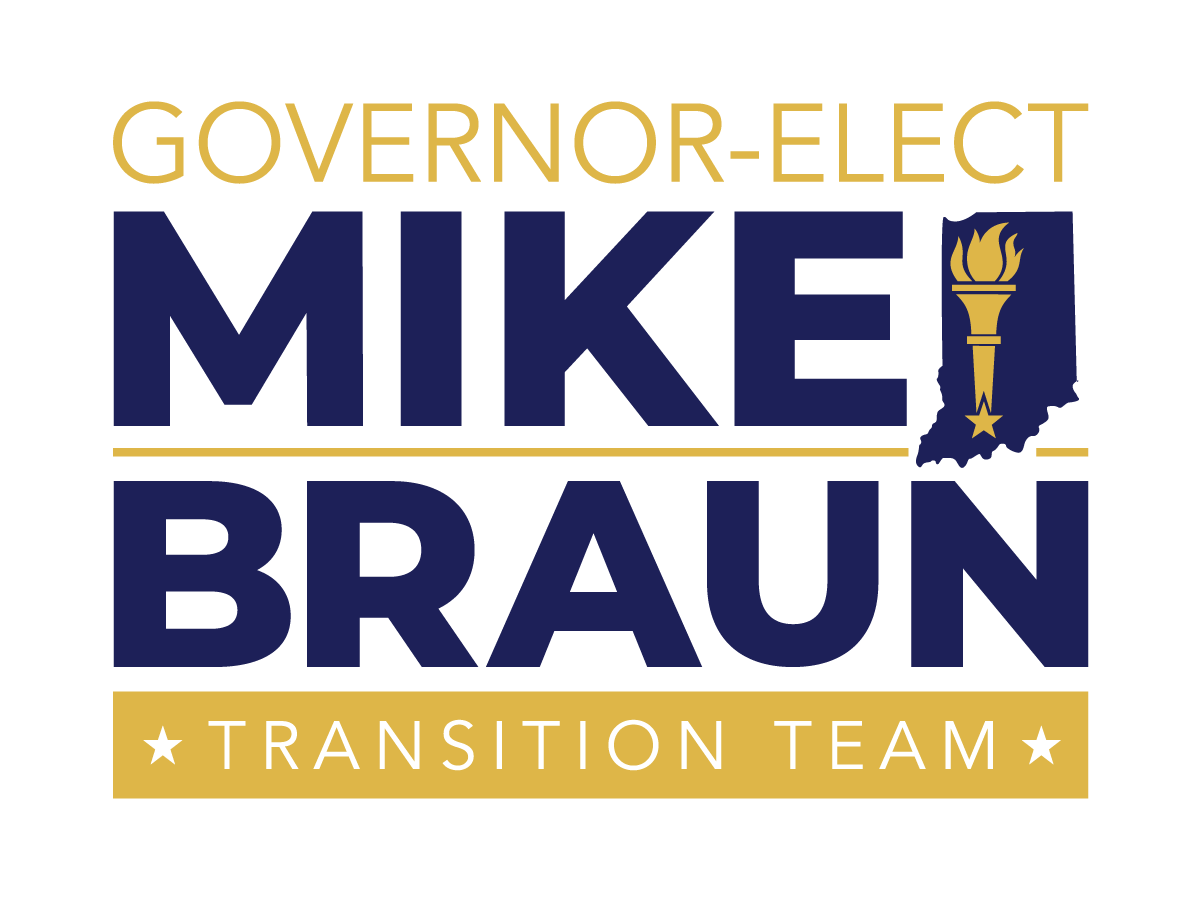Mike Braun gets back to executive roots with jump to Indiana governor
David SivakDecember 11, 2024 9:14 am
Braun has promised to bring a business mindset to Indianapolis, successfully campaigning on his years building an auto parts company in his hometown of Jasper.
MEET THE NEW CONGRESS: THE HOUSE AND SENATE FRESHMEN ELECTED TO SERVE NEXT YEAR
He has three weeks left as a U.S. senator but has already released a detailed plan to lead the state that emphasizes a “leaner” government and reforms to education and healthcare.
“I’m going to try to be innovative. I’m going to try to be out on the edge of what might even make state government better,” he told the Washington Examiner, speaking at his Capitol Hill office on Tuesday.
Braun’s ability to set the agenda weighed heavily in his decision to retire from the Senate after a single term. As a freshman senator, his influence was limited in a chamber that runs on seniority.
Another factor was timing. He was coming up for reelection in the same year Eric Holcomb, the current governor, was finishing out his tenure, giving Braun a rare opportunity to run without facing an incumbent.
“An entrepreneur knows where he or she can make the most marginal impact,” he said. “Like in the business world, that analog is true here, and to me, it was running for governor.”
Braun, a small-government Republican and ally of President-elect Donald Trump, had already promised not to overstay his welcome in Washington. He committed to a two-term limit when he first ran for Senate in 2018.
Still, he conceded his decision to leave the chamber after one was unusual. A governorship is traditionally viewed as a springboard to national politics, with many politicians aspiring to finish their careers in the Senate.
Braun, 70, joins six other senators retiring from Congress on Jan. 3, with Sen.-elect Jim Banks (R-IN) slated to take his place. Two others resigned early, while another, Dianne Feinstein, died in office last year.
Braun hopes to be remembered for his outspokenness on the national debt as he prepares to step down. On Wednesday, he will deliver a farewell speech on the Senate floor in which he warns of the country’s “dangerous fiscal trajectory,” according to prepared remarks reviewed by the Washington Examiner.
“That’s what I’ll feel most proud of leaving the place,” he said.
On the legislative front, he emphasized the coalitions he was able to build with unlikely allies, including a healthcare price transparency bill he co-sponsored with progressives such as Sen. Bernie Sanders (I-VT).
Braun called his six years on Capitol Hill a “joyful” experience. He found common cause with a band of conservatives dubbed the Breakfast Club who try to steer the Republican conference to the right.
But he said the Senate lacked the “intensity” and variability that had challenged him while running a company. Before Braun entered politics, he grew his father’s manufacturing business into a national distributor of auto parts that today employs hundreds of workers.
On federal spending, Braun expressed curiosity about the Department of Government Efficiency, a commission Trump has established to slash the size of government.
But even under Republican control, he doubted that Congress would be serious enough about the deficit for his voice, and those of his conservative colleagues, to make a difference. This year, interest payments on the debt will be larger than defense spending.
Instead, Braun called the governorship a chance for him to “practice what I preach” on fiscal restraint.
“It’s going to get worse here before it gets better,” he said.
Braun never got to experience GOP control of Washington, but he will benefit from one-party rule in Indiana, where Republicans hold supermajorities in both chambers of the legislature.
Last week, he unveiled an agenda in which he proposed capping the growth of property taxes and expanding school choice vouchers.
On healthcare, he hopes to find savings in Medicaid and regulate pharmacy benefit managers.
In the interview, Braun reflected on his path to the governor’s mansion. Before his election to the Senate, he served for a decade on a local school board in Indiana and then three years in the statehouse.
In some cases, a door opened to him, such as when his wife Maureen, a business owner herself, was asked to serve on the school board. She declined, and Braun ran instead.
Another pivotal moment, he said, was their decision to return to Indiana and raise a family after he received his MBA from Harvard. Braun has four children, three of whom now run his distribution business.
Braun was the favorite to win the governorship, having earned the endorsement of Trump. But he had to navigate a primary field of Indiana heavyweights, including Lt. Gov. Suzanne Crouch and former Secretary of Commerce Brad Chambers.
In the general election, he comfortably defeated Jennifer McCormick, his Democratic opponent, by 13 points despite predictions of a closer race.
“Just because it’s a difficult journey or road — that’s never been an issue for me if the end result is going to make it worth it,” Braun said. He opted not to self-fund his 2024 campaign, though he poured millions of his own money to get elected to the Senate.
As of now, Braun plans to run for a second term as governor in 2028.
“I haven’t said I would for sure, but I think that’d be a question of how much we get done and if there’s unfinished business,” he said.
But he called his decision to retire from the Senate “one of the last major forks” in the road of his career.
Braun won’t miss the miles he’s logged as a frequent flyer to and from Indiana. He can only recall six weekends across six years that he has stayed in Washington.
CLICK HERE TO READ MORE FROM THE WASHINGTON EXAMINER
He told the Washington Examiner that he would, however, cherish the friendships he developed and even “frustrating things” such as the vote-a-ramas that keep senators stuck in the Senate chamber late into the night.
“I’m happy I did it and would do it again,” Braun said.
